
Gerardus van Vogelpoel was born in a catholic family, probably in Wijk bij Duurstede. Nothing is known about his education. His earliest work, as far as sources tell, was for a church in Bunnik in 1845. The architect at that time lived and worked in Utrecht, as he would for the rest of his career.
Van Vogelpoel mostly worked in the vicinity of Utrecht and was very much an architect of the fashion of his time, designing churches of a basically neo-Classical construction but with stylistic elements from other styles, particularly Gothic, executed in plaster and iron. It is not known when his career ended, but his last work appears to be the church in Ovezande of 1859. Only in 1861 there's one more traces of further work, in a tender announcement together with his son, for an orphanage in Amsterdam. In the following years he appears to have been working as real estate agent mostly. He died in Utrecht on June the 14th 1884.
His son Wilhelmus Jacobus van Vogelpoel (1837-1903) worked in Antwerpen for three years for, in his own words, one of the most capable architects in that Belgian city and attended an architecture course there. In 1859 he advertised as an architect for the first time; although he did not mention his father it appears he did succeed him. The tender for the Amsterdam orphanage is the only indication of a partnership. Oddly, for several years beginning in 1864, tenders do not mention any initials, only the surname Van Vogelpoel and the singular architect. In 1866 the name W.J. van Vogelpoel is used again.
Several online sources, repeating each other, incorrectly attribute most of the father's churches to the son. Although W.J. van Vogelpoel was involved in church design, religious buildings are an exception in his work. Only two churches, a chapel and the enlargement of another church are known. Most of his work is of a secular nature. His last known assignment is from 1897.
The following is a list of the churches and chapels designed by both father and son. Although the list appears to be complete, details of vanished buildings could not always be found.
Aisleless church in early neo-Gothic style. Demolished.
No further details. Demolished.
No further details. Demolished in 1908.
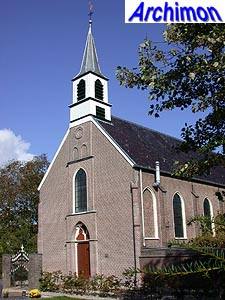
Aisleless church in simple early neo-Gothic style.
Demolished in 1935.
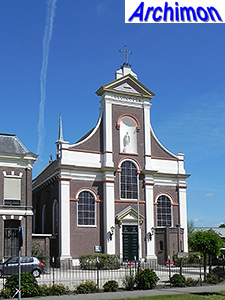
Aisleless church in neo-Baroque style.
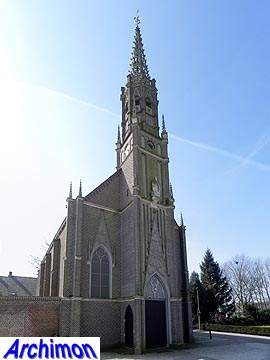
Aisleless church in early neo-Gothic style. Cast iron spire.
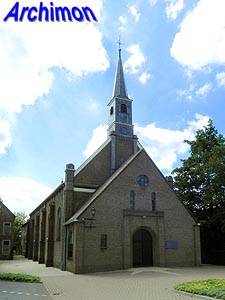
Aisleless church in simple neo-Classical style. Extended at the front in ca. 1960.
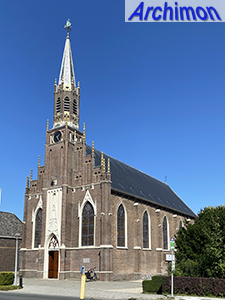
Aisleless church in early neo-Gothic style.
Demolished in 1913.
No further details. Demolished ca. 1913.
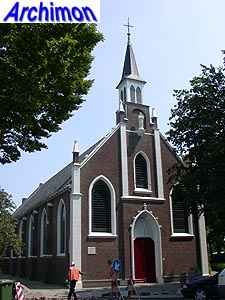
Aisleless church in early neo-Gothic style.
Aisleless church in neo-Gothic style. Drastically enlarged with side-aisles by H.C.M. van Beers in 1925-1926 .
Details unknown. Demolished ca. 1911.
Aisleless church in neo-Gothic style.
Chapel in neo-Gothic style for a convent and school. Demolished.